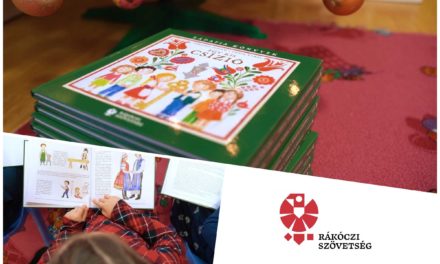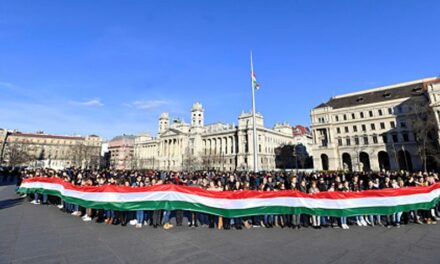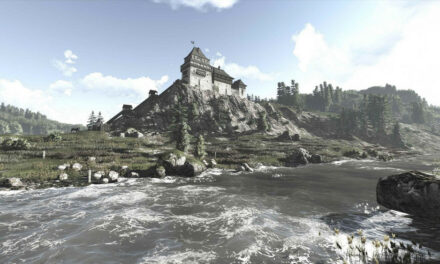The re-created Hungarian unity in the highlands is a historic opportunity. With the merger of three organizations, the new Hungarian unity party is officially established in Felvidék. The gathering is organized on an emphatically ethnic basis, but with its messages it also wants to appeal to Slovaks.
On behalf of the Hungarian government, János Árpád Potápi, the State Secretary responsible for national policy at the Prime Minister's Office, welcomed the new unity party in a statement, stressing that the separate passenger policy does not lead to the goal, that Hungary's future is unity, as this is the key to the survival of Hungarian communities abroad.
After troubled decades
As they say, the participants came from far away. During the regime change, the national-conservative Együttelés characterized by Miklós Duray, the Christian Democratic Movement led by Béla Bugár, and the liberal Hungarian Civil Party led by László A. Nagy also entered the scene. Its president was Béla Bugár, who, after the organization elected Pál Csáky as its new leader in 2007, left the MKP with most of its members and created a mixed Slovak-Hungarian organization called Most–Híd. As a result, the MKP was dropped from the Bratislava parliament in 2010, where since then there has been no representation of Hungarian interests.
The mixed party, on the other hand, took part in two Slovak government coalitions from 2010 to 2012 and from 2016 to 2020. In 2019, however, it was unable to delegate a representative to the European Parliament, and last year it did not even cross the parliamentary threshold. In 2020, the MKP and two other formations created in the meantime - the Széfgos Mozgalom, established in 2019 by Mózes Szabolcs, the director of the Bratislava Hungarian Vocational College, and the former Minister of Agriculture of several Slovak governments, visited both the MKP and the Most-Hida The electoral list launched by the Magyar Fórum, founded by Zsolt Simon, called Hungarian Community Unity, did not even reach the required five percent support. As a tragicomic side note to the division, the Új Egység movement, founded at the beginning of 2019, did not even participate in the cooperation of the latter three parties...
It is from this deplorable situation that Hungarian politics in the highlands must be rebuilt, regaining the trust of the long-disillusioned Hungarian voters. The task is not insurmountable. After Béla Bugár resigned from the party presidency at the beginning of March last year after the collapse of Most–Híd, the way was opened for meaningful negotiations.
Source: demokrata.hu
Source: parameter.sk











